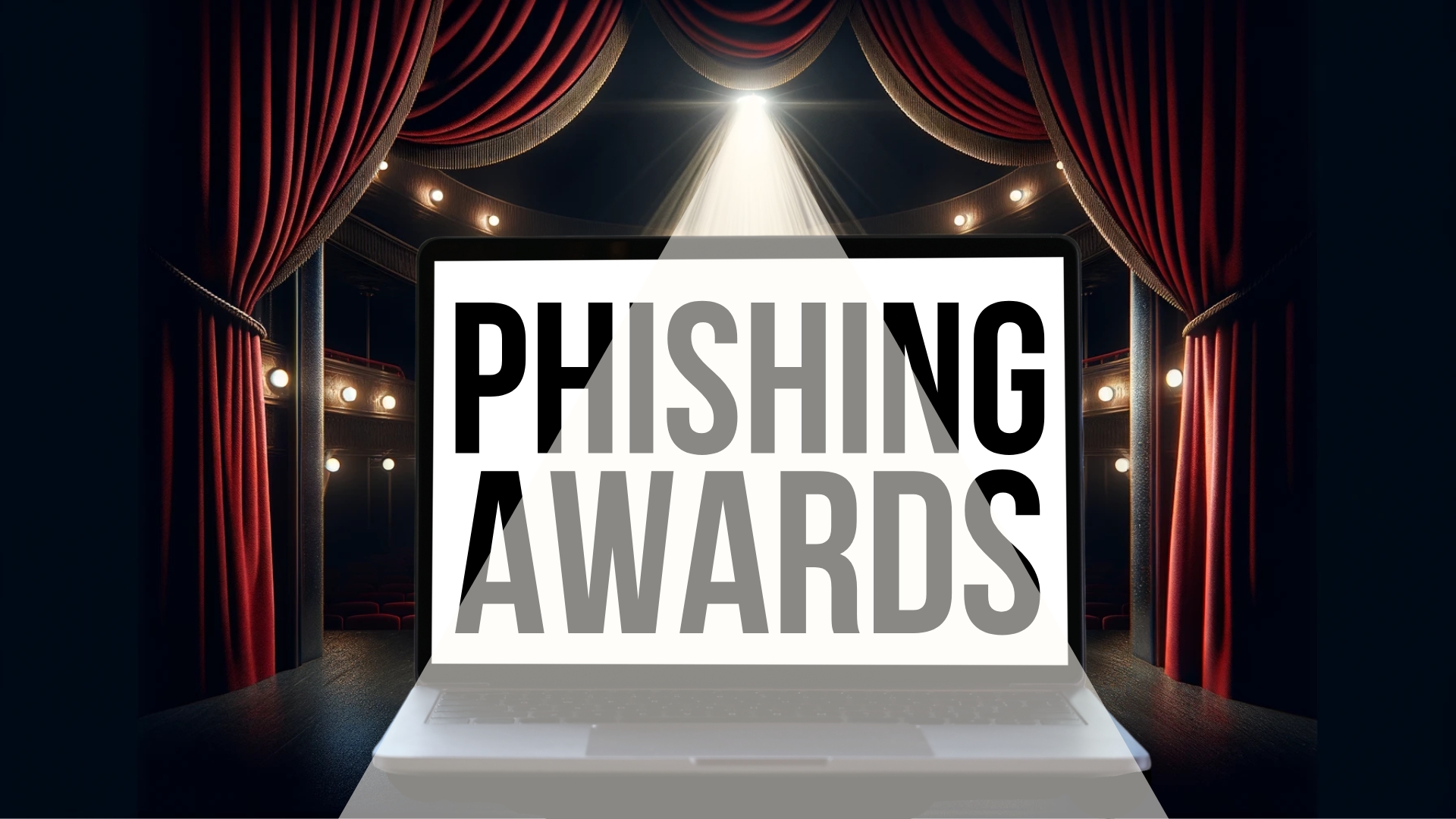When it comes to safeguarding your business data, awareness about types of phishing emails is paramount.
So, what’s a phishing email? Think of it as a disguised threat, appearing as a genuine message to trick unsuspecting recipients. These emails often harbor harmful links, attachments, or requests for confidential information, all camouflaged as a familiar business or individual.
Remember, knowledge is the best defense. One effective way to stay secure is to stay informed. Let’s delve into the most prevalent phishing emails from the previous year.
Phishing emails fall into three primary categories or types: Major, moderate, and minor themes.
Major Themes
Finance-related phishing emails top the list, constituting a massive 54% of all attacks. These emails typically contain fake invoices or payment requests, designed to trick recipients into revealing financial details.
Next are notification phishing emails, comprising 35% of all attacks. These emails create a sense of urgency, asserting that your password is nearing expiration or immediate action is required.
Moderate Themes
Document and voicemail scams are prime examples here, accounting for 38% and 25% of attacks respectively. These strategies involve deceptive files or messages intended to lure you into jeopardizing your security.
Minor Themes
While not as frequent, minor phishing themes can still be a risk for those unaware of what to watch for. These include emails concerning benefits, taxes, job applications, and property.
Why worry about phishing emails? Falling prey to these schemes can lead to severe repercussions, including financial loss, data breaches, and tarnishing your company’s reputation. Therefore, it’s crucial to educate your team about phishing risks and implement robust cybersecurity measures to shield your business.
Awareness and vigilance serve as your primary defenses against phishing onslaughts. By staying informed, training your staff, and employing stringent security protocols, you can protect your company’s precious assets from cyber threats.
We specialize in keeping businesses like yours secure. If you’re unsure about your protection status, let’s have a conversation.



